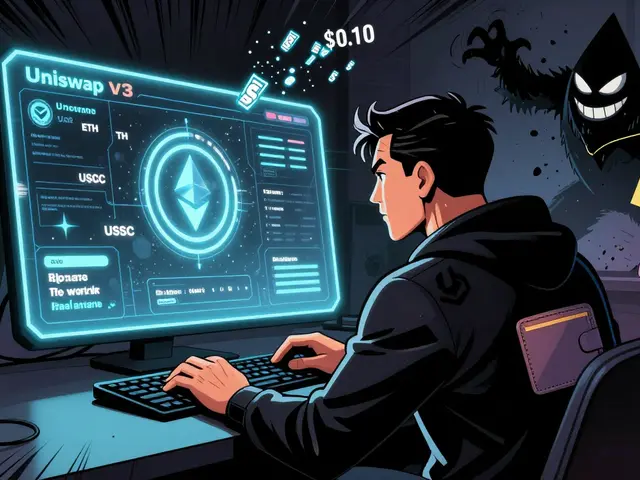Network Marketing Crypto: How MLM Meets Blockchain
When you hear Network Marketing Crypto, a hybrid model that blends multi‑level marketing structures with cryptocurrency incentives. Also known as crypto MLM, it network marketing crypto draws participants by promising token rewards for recruiting others. Multi-Level Marketing (MLM), a sales strategy that pays members for enrolling new sellers provides the classic recruitment ladder, while blockchain supplies transparent tokenomics and on‑chain payouts. This combination creates a new business class where token distribution, community growth, and profit sharing happen in a single smart‑contracted system. Crypto Airdrop, a free token giveaway used to seed a community and spark interest often fuels the initial wave of participants, turning curious onlookers into active marketers. Finally, Decentralized Exchange (DEX), a peer‑to‑peer platform where tokens can be traded without a central authority gives these projects a liquid market, allowing members to swap earned tokens for other assets instantly. Together, these elements form a self‑reinforcing loop: MLM structures recruit, airdrops reward, and DEXs enable trade, all under the umbrella of network marketing crypto.
How Tokens, Airdrops, and Exchanges Power the Model
The engine behind network marketing crypto runs on token incentives. A typical project launches a native token, then launches a Crypto Airdrop to jump‑start participation. By distributing free tokens to early adopters, the project creates an instant user base that can immediately experience the token’s utility. Those tokens often become tradeable on a Decentralized Exchange (DEX), removing the need for a centralized listing and cutting fees that would otherwise eat into earnings. This liquidity is crucial: it lets recruiters show real‑world value to prospects, turning abstract promises into tangible assets. At the same time, the MLM component defines the payout hierarchy – each recruiter earns a percentage of the tokens generated by their downline, mirroring traditional commission models but with crypto’s speed and transparency. However, this model doesn’t exist in a vacuum. Regulatory Compliance, the set of laws governing securities, anti‑money‑laundering, and consumer protection increasingly shapes how these projects can promote token sales and recruitment. Jurisdictions that treat tokens as securities force projects to register or limit promotional activities, which in turn impacts the design of airdrop eligibility and referral rewards. Understanding the interplay between token economics, airdrop mechanics, DEX liquidity, and compliance is essential for anyone looking to evaluate or join a network marketing crypto venture.
Below you’ll find a curated mix of guides, reviews, and deep dives that break down each piece of the puzzle. From a step‑by‑step walkthrough of the latest SHO airdrop to a no‑fluff analysis of how Hotbit’s shutdown affected token liquidity, the collection covers real‑world examples of network marketing crypto in action. We also explore regulatory shifts in 2025, the environmental debate around proof‑of‑work versus proof‑of‑stake, and practical tips for launching a crypto business in UAE free zones – all topics that directly influence how network marketing crypto projects operate today. Whether you’re hunting for a profitable airdrop, weighing the safety of a DEX, or trying to stay compliant in a shifting legal landscape, these posts give you the actionable insight you need to move forward with confidence.







